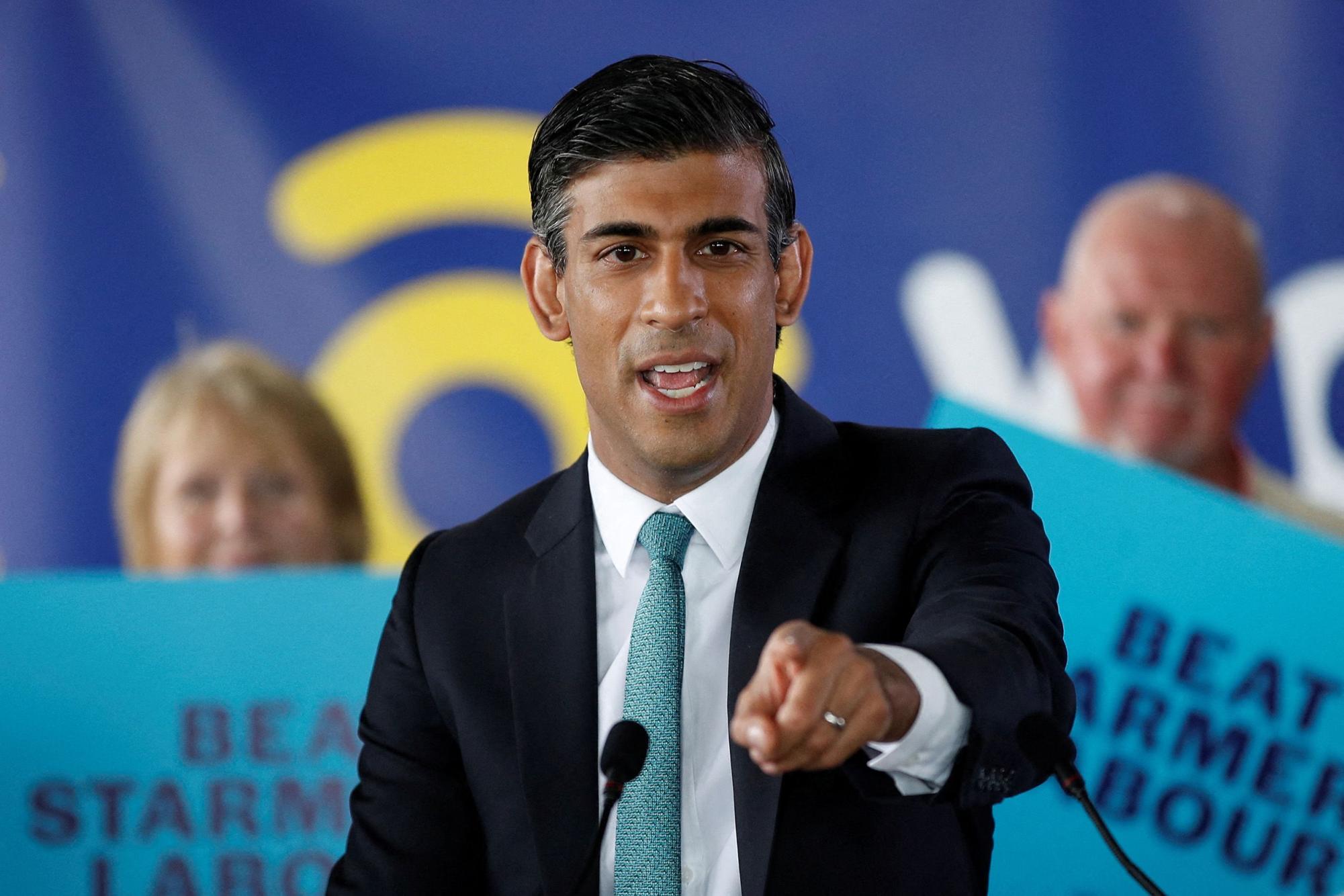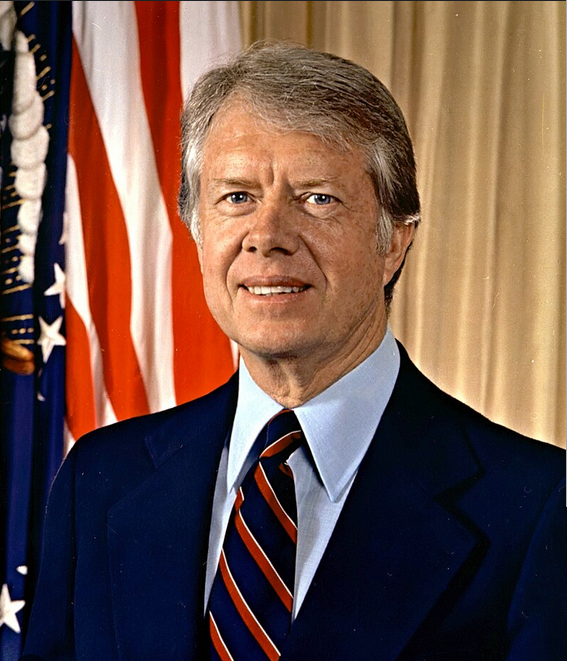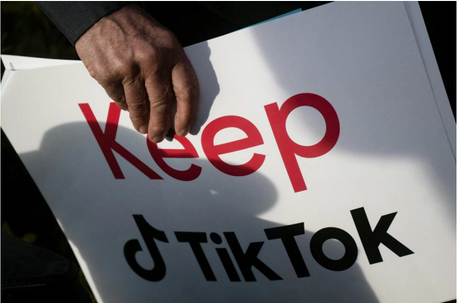Overview:
Rishi Sunak officially took over as Britain’s 57th prime minister on Tuesday, October 25th. The former PM, Liz Truss has stepped down officially becoming the shortest-serving prime minister in British history, after she was unable to overcome her economic missteps and deep divisions within her party. Mr. Sunak won the Conservative Party contest to replace Ms. Truss, just seven weeks after she took power. Now, he confronts the twin challenge of reunifying his fractured party and navigating Britain through its gravest economic crisis in a generation.
Early Life
Sunak was born into a family with immigrant roots. His grandparents emigrated from Punjab, in northwestern India to East Africa, where his mother and father were born. Sunak went on to study philosophy, politics, and economics at Lincoln College, Oxford. After graduating from Oxford in 2001, he then pursued an MBA at Stanford University, where he met his future wife, Akshata Murthy, daughter of Narayana Murthy, an Indian billionaire and cofounder of technology giant Infosys. By virtue of Sunak’s success in business and his wife’s 0.91 percent stake in Infosys, the couple began to amass a considerable fortune, which would be estimated at about £730 million ($877 million) in 2022 by The Sunday Times.
Politics:
In 2010 Sunak began working for the Conservative Party and In 2014 Sunak was chosen as the Conservative Party’s candidate for the House of Commons representing Richmond in North Yorkshire, a safe Conservative seat in the north of England long held by one time party leader (1997–2001) William Hague. In May 2015 Sunak was elected by a commanding majority. He came into office firmly in the “leave” camp on the issue of Brexit, which he said would make the United Kingdom “freer, fairer, and more prosperous.”
In early September, Mr. Sunak had narrowly lost a race to lead the Conservative Party and become prime minister. The person he lost to, Liz Truss, went on to have a tumultuous premiership and was forced to resign, becoming the shortest-serving British prime minister in history and paving the way for a new leadership contest.
After a turbulent few weeks in Britain, Rishi Sunak became the country’s prime minister, the third in less than two months. Sunak makes history as the United Kingdom’s first prime minister of color. He faces unprecedented challenges: a Conservative Party in chaos, a spiraling economic crisis, war in Europe with no end in sight, and calls for an immediate general election to replace him.
Economic Views:
Mr. Sunak takes office at a particularly difficult time for Britain’s economy, with a looming recession and high inflation creating a double whammy for ordinary people. It also puts him in the difficult position of being personally very wealthy but having to advocate for spending cuts to appease investors concerned about U.K. finances. His economic plans are seen as more pragmatic and less ideological than those of Ms. Truss. He said Britain needed to tame inflation first and ensure public finances were sustainable before cutting taxes to try to stimulate growth. He has outlined plans to try to create conditions to boost business investment in the economy.
Supporting Ukraine:
Britain is on its third prime minister of 2022 — but Rishi Sunak insists nothing has changed in his country’s undying support for Ukraine. In his first address to the nation as U.K. prime minister Tuesday, Sunak pledged to place “economic stability” at the heart of his new government’s agenda and warned of “difficult decisions” ahead on spending. Sunak firmly committed to supporting the British armed forces and said the “terrible” war in Ukraine “must be seen successfully to its conclusion.” Sunak’s first call with a foreign leader was with Ukrainian President Volodymyr Zelenskyy to tell him that the U.K. ‘s support will remain “as strong as ever under his premiership,” according to a readout from Downing Street. Zelenskyy in turn said the conversation had been “excellent,” signaling the U.K.’s “full support in the face of Russian aggression.”
Immigration Policy:
Rishi Sunak is inheriting an immigration policy laid out by his predecessors that takes a hard-line stance on those arriving in Britain without papers, with a particular focus on the thousands of asylum seekers arriving by boat from across the English Channel.
He has made it clear that he is personally in support of an agreement with Rwanda to deport those asylum seekers to the African nation before their claim to refugee status is assessed. The program, which was set up under Prime Minister Boris Johnson’s government but has yet to result in anyone being sent to Rwanda, has been widely criticized and legal experts say the plan could violate international laws governing the treatment of refugees. Officials within the British government also raised concerns. That did not deter Mr. Johnson. And his successors — first Liz Truss, and now Mr. Sunak — have both endorsed the policy.
Despite Mr. Sunak’s being the son of immigrants himself, he has drawn a hard line between those arriving in the country with visas and those entering Britain surreptitiously. The government unveiled a new immigration bill earlier this year that reinforced that notion, but has proved controversial. Still, during the leadership campaign this summer, Mr. Sunak promised to do “whatever it takes” to ensure that the Rwanda plan, which has so far failed to come to fruition after a series of legal challenges, would go ahead.
“I will make the Rwanda policy work,” he stated. “It is essential that anyone considering trying to sneak into Britain knows that their journey will end in Kigali.”







